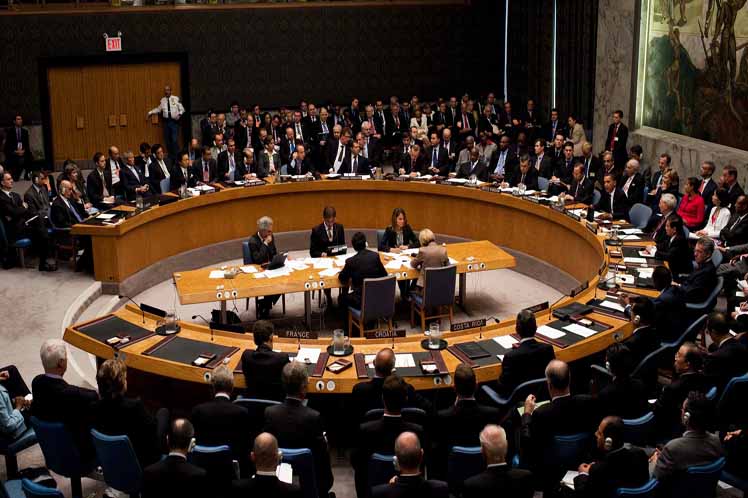Like in the previous ones, held on July 21, August 5 and 29 and on September 9, the candidates still in competition will be subject to the criterion of the 15 Member States of the Council
The Security Council of the UN today carries out its fifth internal survey in the process to define the next Secretary General of the organization.
Like in the previous ones, held on July 21, August 5 and 29 and on September 9, the candidates still in competition will be subject to the criterion of the 15 Member States of the Council, which will reflect on the ballot their approval, rejection or no opinion on each of them.
In the race for the position, there is the Portuguese Antonio Guterres, Irina Bokova (Bulgaria), Susana Malcorra (Argentina), Helen Clark (New Zealand), Srgjan Kerim (Macedonia), Natalia Gherman (Moldova), Vuk Jeremic (Serbia), Danilo Turk (Slovenia) and Miroslav Lajcak (Slovakia).
Guterres was clearly ahead in the four previous surveys. So far, the race to replace the South Korean Ban Ki-moon, who will end his second term on December 31, has been abandoned by Costa Rican Christiana Figueres, the Montenegrin Igor Luksic and Croatian Vesna Pusic.
According to diplomatic sources, today’s survey today will be the last in the format that does not distinguish the view of the five permanent members with veto power from that of the 10 non-permanent ones.
In that sense, the next poll- to be held in early October- will separate by a color five major powers (United States, Russia, China, France and the UK) from the other members of the Council: Angola, Egypt, Spain, Japan, Malaysia, New Zealand, Senegal, Ukraine, Uruguay and Venezuela.
Unless one of the nine candidates do not receive any disapproval, the real measurement of the situation will come out from October’s colored survey.
Although this year the UN General Assembly held public consultations to make the process more transparent, the Security Council, especially the five powers with veto power, continue to be the ones to decide.
 Escambray ENGLISH EDITION
Escambray ENGLISH EDITION






Escambray reserves the right to publish comments.